“One of my heroes would be Patrick Kavanagh. He broke away from the tilling of the soil to become a most respected author and poet. The land and working it gives a great foundation to one’s life. Nothing you can learn in college or school can give you such an understanding of what life is.
I grew up on a farm outside Dundalk: Killin. It’s an ancient and idyllic place. My family was never totally based in farming, however. My grandfather who bought the farm came from Northern Ireland and was involved in law. My father was a company director, having served as an officer in the first world war. Back then, the farm was delightfully mixed. We had sheep, pigs, cattle, horses, poultry and there was always a portion of it put by for tillage. It was totally different to farming today.
Farming to golf
Before she married, my mother spent two years in Paris, as her father had decided that was a good opportunity for a girl to get an education. She had an art teacher who was a great source of inspiration and it was a very interesting period, just as the Impressionists were beginning to evolve: Renoir, Monet etc. She later transmitted this love of art and culture to her two sons: myself and my brother. It wasn’t until much later, however, that I took up painting.
I studied commerce in Trinity; but that didn’t really appeal to me! So, I returned to the farm. I remember when we got the first wee Ferguson tractor: everyone thought that was very modern. My father was the first person in the district to make silage and it was all very strange. It smelled like old plug tobacco.

Artist Derek Bell took up painting after a lifetime of farming in Co Louth
We kept sheep for a couple of years and otherwise it was cattle; and then we converted for a golf course. It was an easier life. It was an 18 hole course, very suitable for amateurs, retired people and young learners. After a while, though, we got an offer and thinking of retiring, we accepted it. We kept some of the farm, and gave 20 acres to our daughter, Emma, and 20 acres to our daughter, Tasha. We also kept a site around the old farmyard where myself and my wife Sandra, a sculptor, now live.
Painting by night
I don’t know what really triggered it [the art] off. The evenings just seemed very long and I was awake and I didn’t enjoy reading all that much. So, I just started painting.
I was not taught, but I studied many books and I’d been to innumerable gallery exhibitions. I just started to experiment. Sometimes it was successful; and sometimes it wasn’t. But I knew what I liked and what I didn’t like. Some people express themselves in language, some in music; but I have found I could best express myself in painting.
After a number of years, I had work accepted in the Royal Ulster Academy and in several galleries in Dublin. In Dundalk, the North Louth Artists have an annual exhibition and I have been accepted for that for the last 20 years. It’s very rewarding to see your painting in a gallery; especially if somebody else likes it. Though some people’s interpretations are totally different to mine.
When I’m painting,
I usually begin after 10 or 11 at night. It’s quiet and there are no interruptions. You can just sit there and be totally involved in what you’re doing. It could go on till three o’clock or so. I usually listen to classical music, but it’s not essential. I like to use oil paint thinned with turpentine. It has a richness, whereas watercolour- while it’s very sensitive- hasn’t the same strength.
Confronting the subconscious
Many of my paintings just seem to evolve. Put paint on a canvas and see what happens. You might have seen something in nature or in the news, but it affects you. It may be a feeling of sadness or joy or some other emotion. I have not done any painting yet on the war in Ukraine; but it will come out eventually. So much is in our subconscious and comes out when we confront it on a piece of paper.
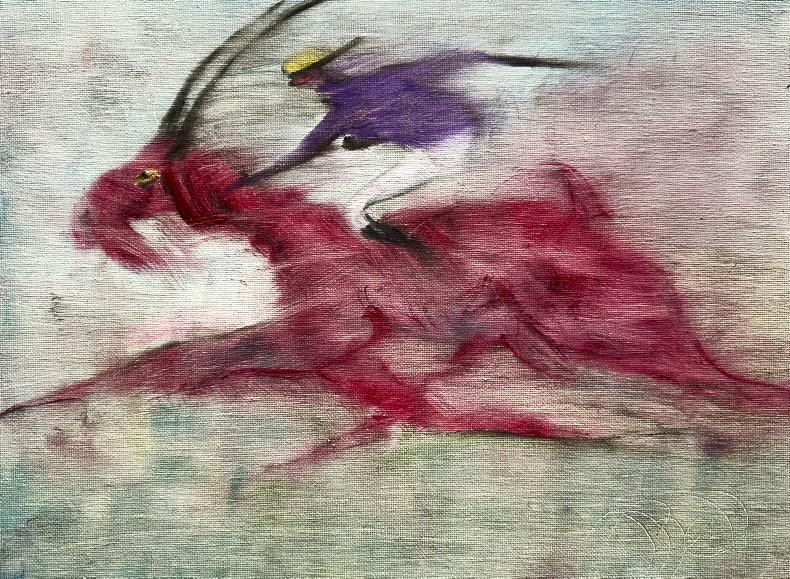
Goat Race by Derek Bell
However, when I did a series of 10 paintings on the Samuel Taylor Coleridge poem, The Rime of the Ancient Mariner, there was definitely a plan. The poem swings along very easily; but I think it’s sort of a premonition.
The mariner goes and heedlessly shoots the unfortunate albatross, which was harmless and beautiful and for this he was severely punished. At the end, he realises that the world is very beautiful and that things are alive and they need to be respected. He seeks forgiveness and he is forgiven. And I think that’s very topical today. We seem to be destroying an awful lot of things heedlessly and hoping that eventually we will be forgiven for this. But at the moment, it doesn’t look
like it.
Retrospective exhibition
I stopped exhibiting for a while; I was just painting away and piling them up in the corner of the room. This summer, however, I held a retrospective exhibition, ‘A Brush With Paint’, at the Táin Gallery in Dundalk, featuring 85 paintings. It was really well received.
If somebody wishes to start painting, my advice is to buy a few tubes of paint- the primary colours first of all- get some turpentine, some canvas board and a few brushes and just do whatever you feel like doing. I think the idea of perfectionism does inhibit an awful lot of people. I think you just have to do it and see how it turns out.
Sometimes it’s good and sometimes it’s not so good. But you can’t just say that it’s wrong.
MORE INFO
To learn more about Derek’s work, visit derekbellpainter.com
“One of my heroes would be Patrick Kavanagh. He broke away from the tilling of the soil to become a most respected author and poet. The land and working it gives a great foundation to one’s life. Nothing you can learn in college or school can give you such an understanding of what life is.
I grew up on a farm outside Dundalk: Killin. It’s an ancient and idyllic place. My family was never totally based in farming, however. My grandfather who bought the farm came from Northern Ireland and was involved in law. My father was a company director, having served as an officer in the first world war. Back then, the farm was delightfully mixed. We had sheep, pigs, cattle, horses, poultry and there was always a portion of it put by for tillage. It was totally different to farming today.
Farming to golf
Before she married, my mother spent two years in Paris, as her father had decided that was a good opportunity for a girl to get an education. She had an art teacher who was a great source of inspiration and it was a very interesting period, just as the Impressionists were beginning to evolve: Renoir, Monet etc. She later transmitted this love of art and culture to her two sons: myself and my brother. It wasn’t until much later, however, that I took up painting.
I studied commerce in Trinity; but that didn’t really appeal to me! So, I returned to the farm. I remember when we got the first wee Ferguson tractor: everyone thought that was very modern. My father was the first person in the district to make silage and it was all very strange. It smelled like old plug tobacco.

Artist Derek Bell took up painting after a lifetime of farming in Co Louth
We kept sheep for a couple of years and otherwise it was cattle; and then we converted for a golf course. It was an easier life. It was an 18 hole course, very suitable for amateurs, retired people and young learners. After a while, though, we got an offer and thinking of retiring, we accepted it. We kept some of the farm, and gave 20 acres to our daughter, Emma, and 20 acres to our daughter, Tasha. We also kept a site around the old farmyard where myself and my wife Sandra, a sculptor, now live.
Painting by night
I don’t know what really triggered it [the art] off. The evenings just seemed very long and I was awake and I didn’t enjoy reading all that much. So, I just started painting.
I was not taught, but I studied many books and I’d been to innumerable gallery exhibitions. I just started to experiment. Sometimes it was successful; and sometimes it wasn’t. But I knew what I liked and what I didn’t like. Some people express themselves in language, some in music; but I have found I could best express myself in painting.
After a number of years, I had work accepted in the Royal Ulster Academy and in several galleries in Dublin. In Dundalk, the North Louth Artists have an annual exhibition and I have been accepted for that for the last 20 years. It’s very rewarding to see your painting in a gallery; especially if somebody else likes it. Though some people’s interpretations are totally different to mine.
When I’m painting,
I usually begin after 10 or 11 at night. It’s quiet and there are no interruptions. You can just sit there and be totally involved in what you’re doing. It could go on till three o’clock or so. I usually listen to classical music, but it’s not essential. I like to use oil paint thinned with turpentine. It has a richness, whereas watercolour- while it’s very sensitive- hasn’t the same strength.
Confronting the subconscious
Many of my paintings just seem to evolve. Put paint on a canvas and see what happens. You might have seen something in nature or in the news, but it affects you. It may be a feeling of sadness or joy or some other emotion. I have not done any painting yet on the war in Ukraine; but it will come out eventually. So much is in our subconscious and comes out when we confront it on a piece of paper.

Goat Race by Derek Bell
However, when I did a series of 10 paintings on the Samuel Taylor Coleridge poem, The Rime of the Ancient Mariner, there was definitely a plan. The poem swings along very easily; but I think it’s sort of a premonition.
The mariner goes and heedlessly shoots the unfortunate albatross, which was harmless and beautiful and for this he was severely punished. At the end, he realises that the world is very beautiful and that things are alive and they need to be respected. He seeks forgiveness and he is forgiven. And I think that’s very topical today. We seem to be destroying an awful lot of things heedlessly and hoping that eventually we will be forgiven for this. But at the moment, it doesn’t look
like it.
Retrospective exhibition
I stopped exhibiting for a while; I was just painting away and piling them up in the corner of the room. This summer, however, I held a retrospective exhibition, ‘A Brush With Paint’, at the Táin Gallery in Dundalk, featuring 85 paintings. It was really well received.
If somebody wishes to start painting, my advice is to buy a few tubes of paint- the primary colours first of all- get some turpentine, some canvas board and a few brushes and just do whatever you feel like doing. I think the idea of perfectionism does inhibit an awful lot of people. I think you just have to do it and see how it turns out.
Sometimes it’s good and sometimes it’s not so good. But you can’t just say that it’s wrong.
MORE INFO
To learn more about Derek’s work, visit derekbellpainter.com







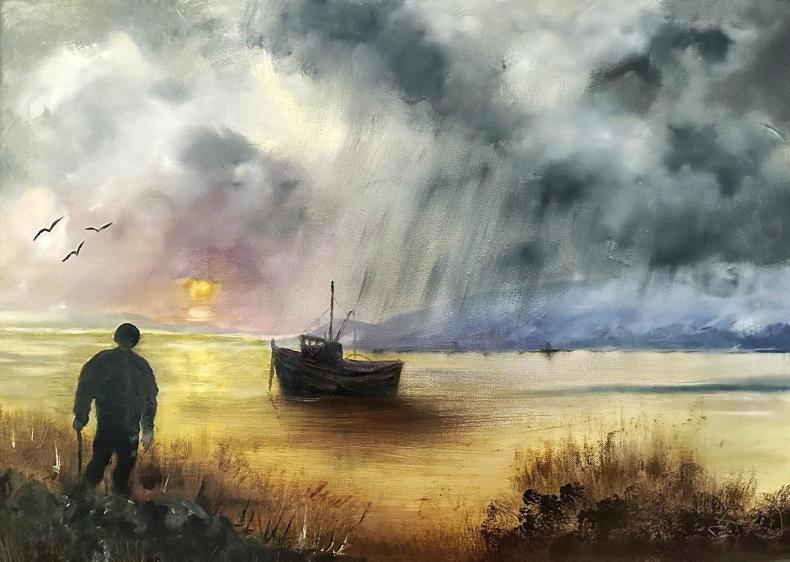
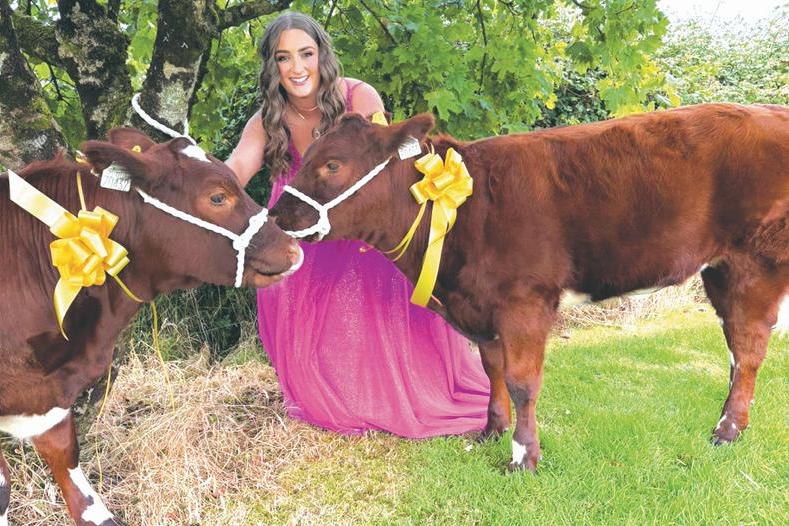
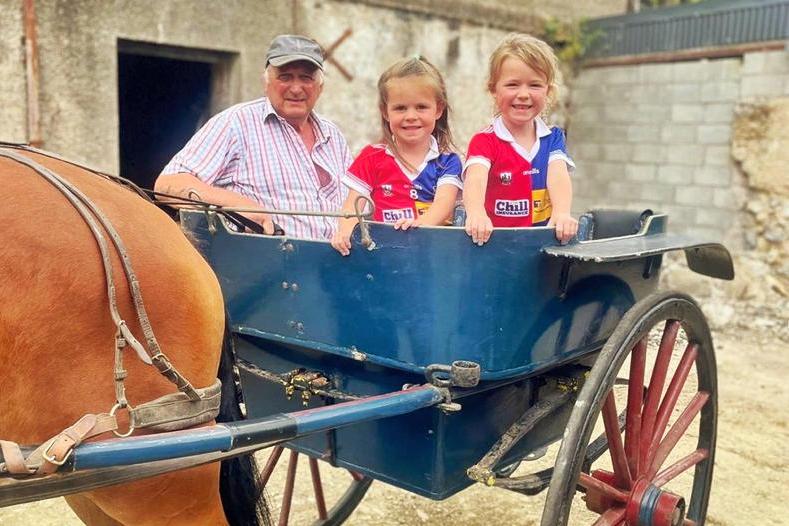
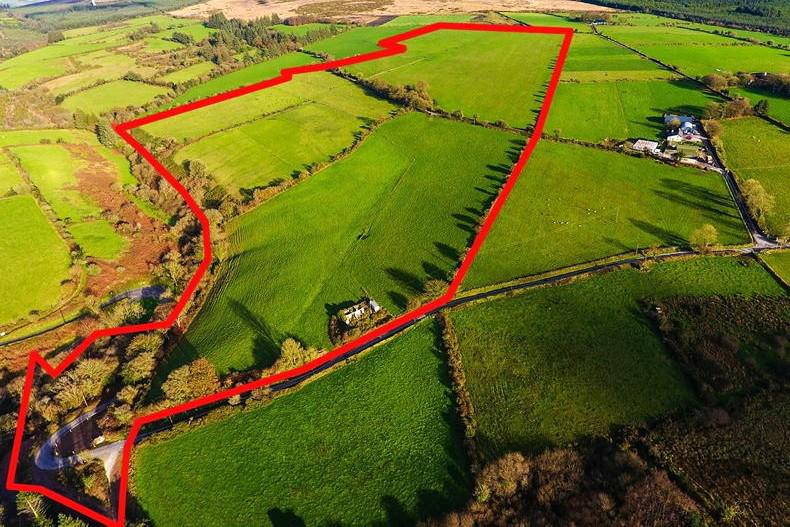
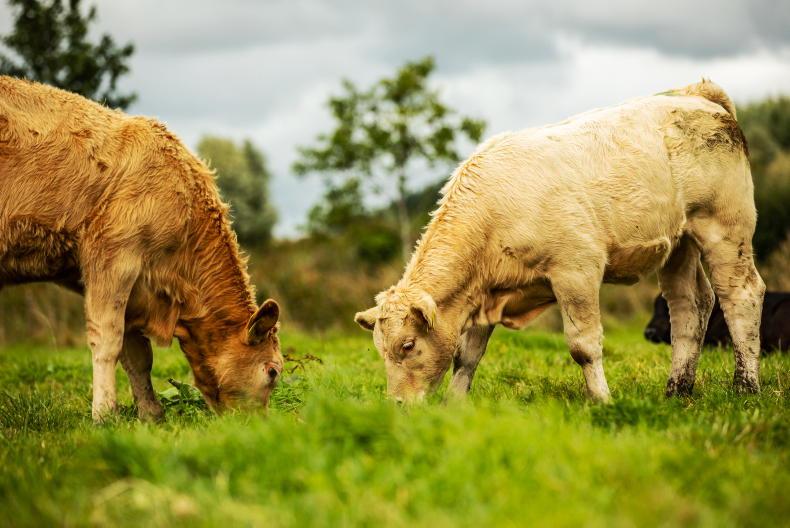
SHARING OPTIONS